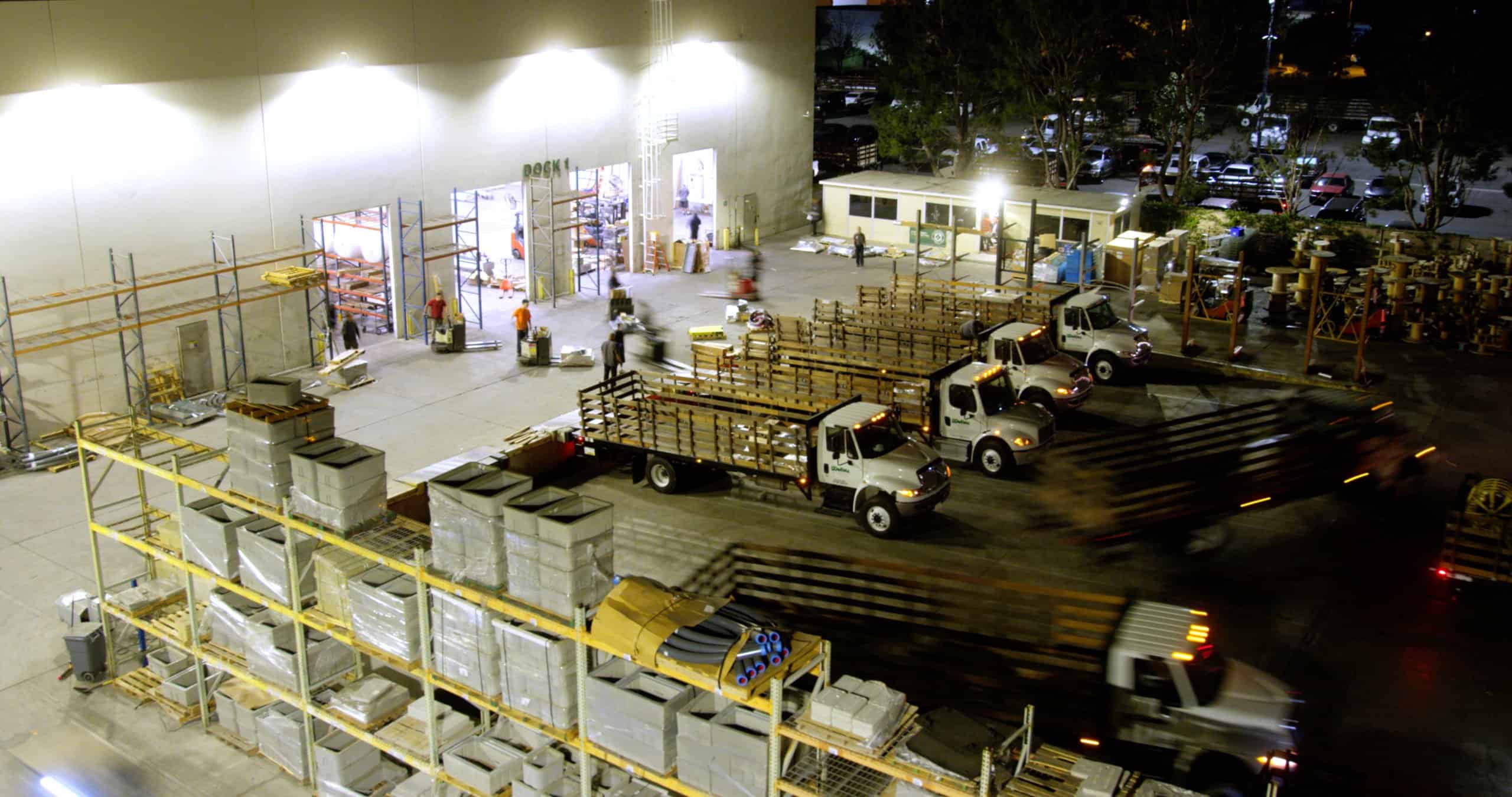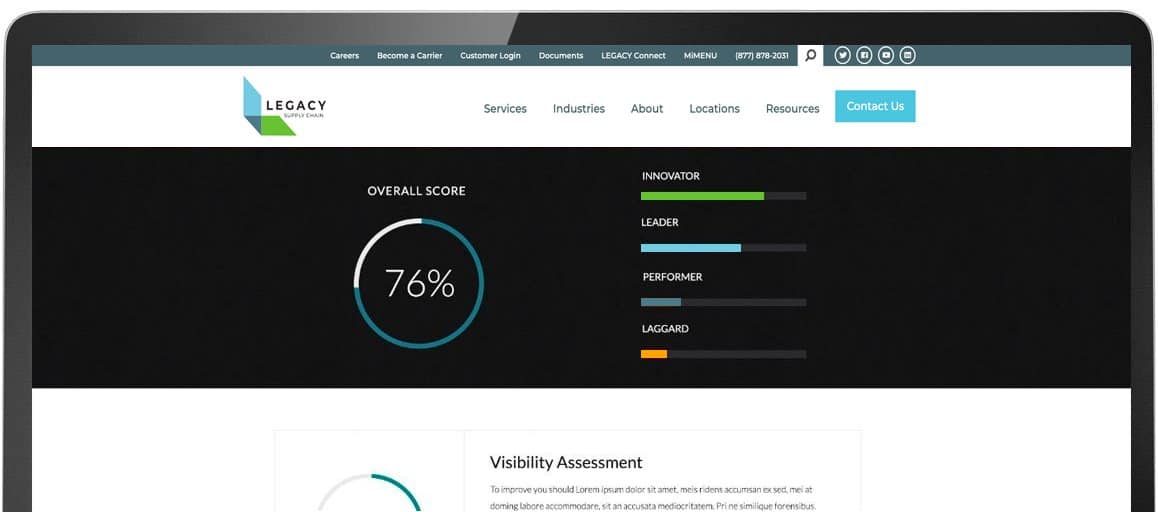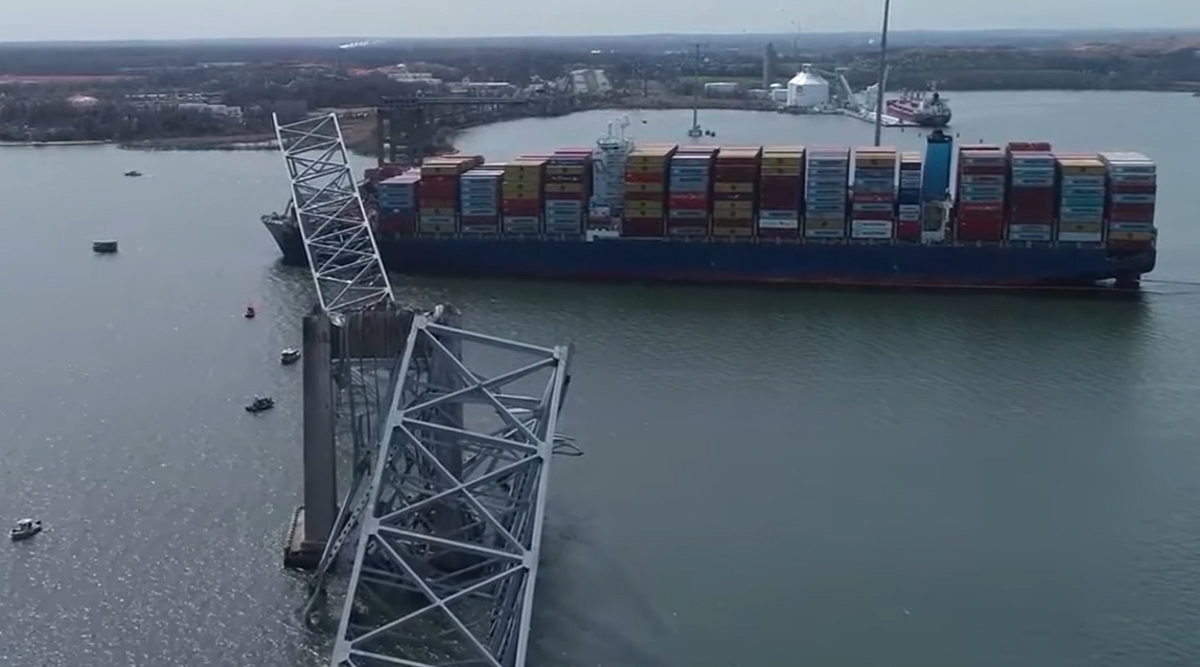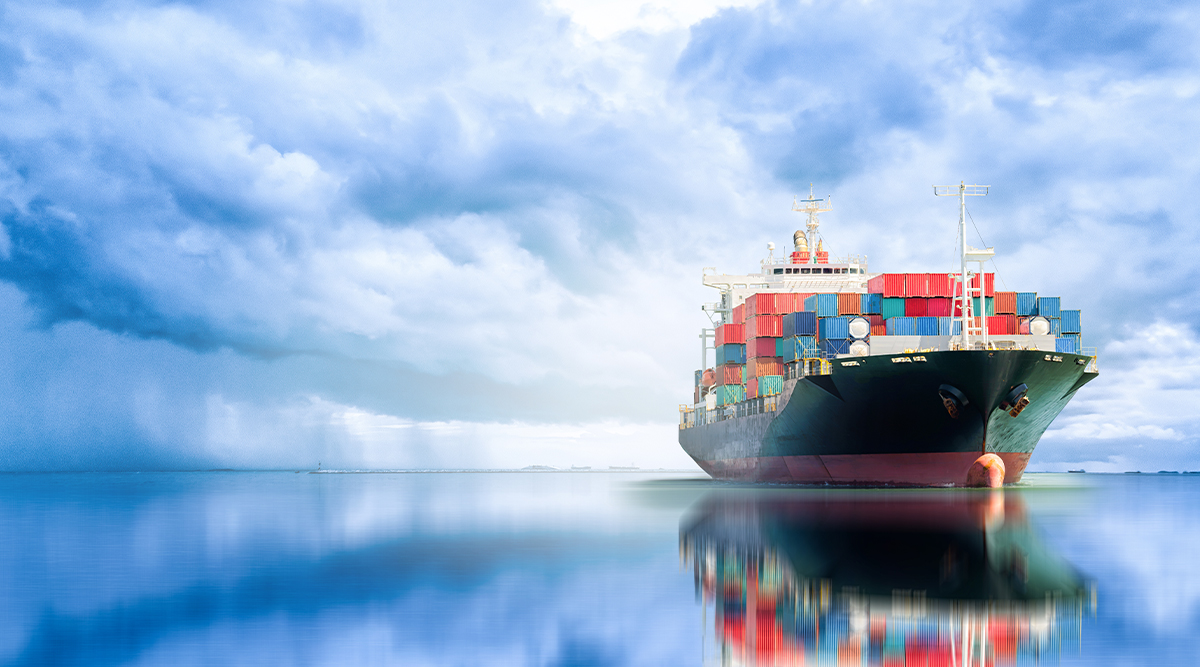Issue 3: Shippers Scramble as U.S.-Chinese Tensions Rise

Hello, friends, and welcome to the Legacy Monthly Shipment, where leading supply chain professionals share their insights and opinions on the latest industry news.
Without further ado, let’s dig into some of the stories that have caught our attention this month.
Today’s Shipment:
- Deteriorating U.S.-China relations could have major implications for shipping industry.
- Sobering report from OECD underscores economic impact of second wave of COVID-19.
- Descartes Systems grows its Global Logistics Network with Kontainers acquisition.
- Port of LA executive director envisions nationwide supply chain data sharing system
NEWS
Tensions between the U.S. and China Rise as the Economy Reopens
A recent Chinese security law covering Hong Kong has weakened already tenuous relationship between the United States and China and jeopardized the status of the Phase One trade deal. As tensions continue to simmer, the shipping industry is on guard, anticipating significant blowback. Despite stable demand, container shippers are considering the idea of accelerating orders should U.S.-China relations continue to deteriorate. Tanker shippers are bracing for potential U.S. sanctions on Chinese energy and tanker companies. The Chinese government has suspended agricultural purchases from the U.S., leaving dry bulk shippers in the lurch. And, finally, escalating tensions threaten to stymie gas shippers’ attempts to recover from the COVID-related collapse of LNG pricing.
The current state of global affairs further contributes to the uncertainty we’ve witnessed in relation to the COVID-19 pandemic. Although the demand for capacity is currently driving up the spot market for ocean freight, it’s unclear whether that demand will remain stable. As a result, carriers are pulling back on commitments in order to add capacity to the market and keep rates high. Even this comes at a risk because if carriers miscalculate and add too much capacity to the market, they could flatten it out completely. On the air freight side, rates have stabilized to a degree, but the political situation has made it unclear whether U.S. aircraft will be able to fly into China, and vice versa.
For readers seeking reassurance, we’re afraid there isn’t much to offer — the reality is that demand is uncertain and likely to remain that way for some time. On the ground, we’re seeing that demand continues to outpace capacity; bookings aren’t moving, which has led to cargo being rolled and shipments being pushed out. What we can say is that we expect capacity to remain tight into the third quarter.
REPORT
World Braces for Second Wave of COVID-19
Despite businesses reopening, a second wave of the COVID-19 pandemic — or, more accurately, the continuation of the first wave — is on its way, giving the shipping industry real cause for concern. According to a new assessment from the Organization for Economic Co-operation and Development (OECD), the damage that a new wave of infections will cause to trade and global economies is all but inescapable. This grim forecast could lead to another troubling outcome: Companies could bring sourcing back home in an effort to reduce input sourcing risk. This could pose a systemic threat to trade, which would, in turn, have significant impact on global GDP. Although trade will eventually rebound, it’ll likely look very different than we remember and will require the rebalancing of certain trade lanes.
In addition to exposing vulnerabilities in the global supply chain, the ongoing COVID-19 pandemic has also demonstrated just how interconnected we all are. A rise in new COVID-19 cases — be they in Beijing, Delhi, cities across the United States, or anywhere else in the world — will have a substantial effect on the flow of goods and create significant volatility in supply and demand. In order to ride out the worst of this disruption, the experts at Legacy strongly advise that our clients plan out orders as far in advance as possible. For more guidance on how to handle COVID-19 contingency planning, please see our blog post on the subject.
ACQUISITION
Descartes Systems Acquires Kontainers for a Cool $12 Million
Earlier this month, Descartes Systems, a logistics data and technology company, acquired Kontainers to the tune of $12 million. Known for its branded, customer-facing freight platforms, Kontainers is a valuable addition to Descartes’ growing portfolio of technology and logistics companies, which includes 4Solutions, MacroPoint, Aljex and CORE Transport. In fact, according to Descartes CEO Edward J. Ryan, the acquisition is a strategic component of the company’s ongoing effort to bridge the gap between client-facing platforms and quoting, rating and booking systems for logistics service providers; Kontainers will also play a key role in Descartes’ growing Global Logistics Network.
This acquisition is reflective of an industry-wide push for both new and existing digital forwarders to be more transparent with their technology. Digital forwarders are often criticized for being flashy on the front end but lacking the expertise of their traditional counterparts on the back end. As a result, many are looking to either invest in solutions — or, in in some cases, acquire companies — that will enable them to provide their client base with more transparency when it comes to rates, tools and more. And Legacy’s no exception: We’ve partnered with Logixboard to create a custom dashboard for our services that will give our clients visibility into everything we do.
OPINION
Port of LA’s Seroka Advocates for Nationwide Data Sharing Portal
During a press conference on June 10, Port of Los Angeles Executive Director Gene Seroka called for a nationwide port community information sharing system to “help United States exporters, manufacturers, farmers and others bounce back and reassert their competitiveness with effect to their customers overseas.” At present, most ocean shipping data sits within paywalled databases, thereby preventing ports from sharing it and leveraging it to make predictions. In a follow-up interview with Supply Chain Dive, Seroka explained that the system would, ideally, provide ports, shippers and carriers with greater visibility into cargo movement; this visibility would support the ultimate goal of better coordination across ocean freight, air freight, railroads and truck fleets.
Seroka’s vision for the future echoes sentiments shared by many other supply chain industry experts. Fragmented information and poor visibility have long plagued the global supply chain, leading many to call for a digitized system that would enable ports to store data in a centralized repository, so that it is both readily available and actionable. But questions remain: Who would pay for such a system, and how would one account for inconsistent data-collection methods across the industry? Although Seroka volunteered to spearhead such an initiative, stating that “voluntary participation usually works best,” it’s clear that there are many details left to work out before his vision can become a reality.
Which news stories have caught your attention recently, and why? Let us know with a quick email — we’re always interested to hear what’s on our readers’ minds. For more supply chain-related news and insights, head on over to our blog or talk to one of our specialists today.
Get Insights. Stay Ahead.
Get the latest news and insights via email on warehouse improvement, transportation optimization, labor strikes and international shipping rate changes.Popular Posts
Search Posts
-
2024 Q1 Freight Landscape: Trends, Challenges, and Predictions
As the first quarter of 2024 comes to an end, here are some observations over the past few months as well as predictions about the trucking...
+ Read more -
Baltimore Bridge Impact Assessment – Update
Following the recent Baltimore Bridge collapse and subsequent port closures, we want to keep our customers informed about the situation and...
+ Read more -
Global Momentum Builds for Charge on Global Shipping Sector’s CO2 Emissions
A growing coalition of 47 countries, including key players like the European Union, Canada, Japan, and various Pacific Island nations, is...
+ Read more










